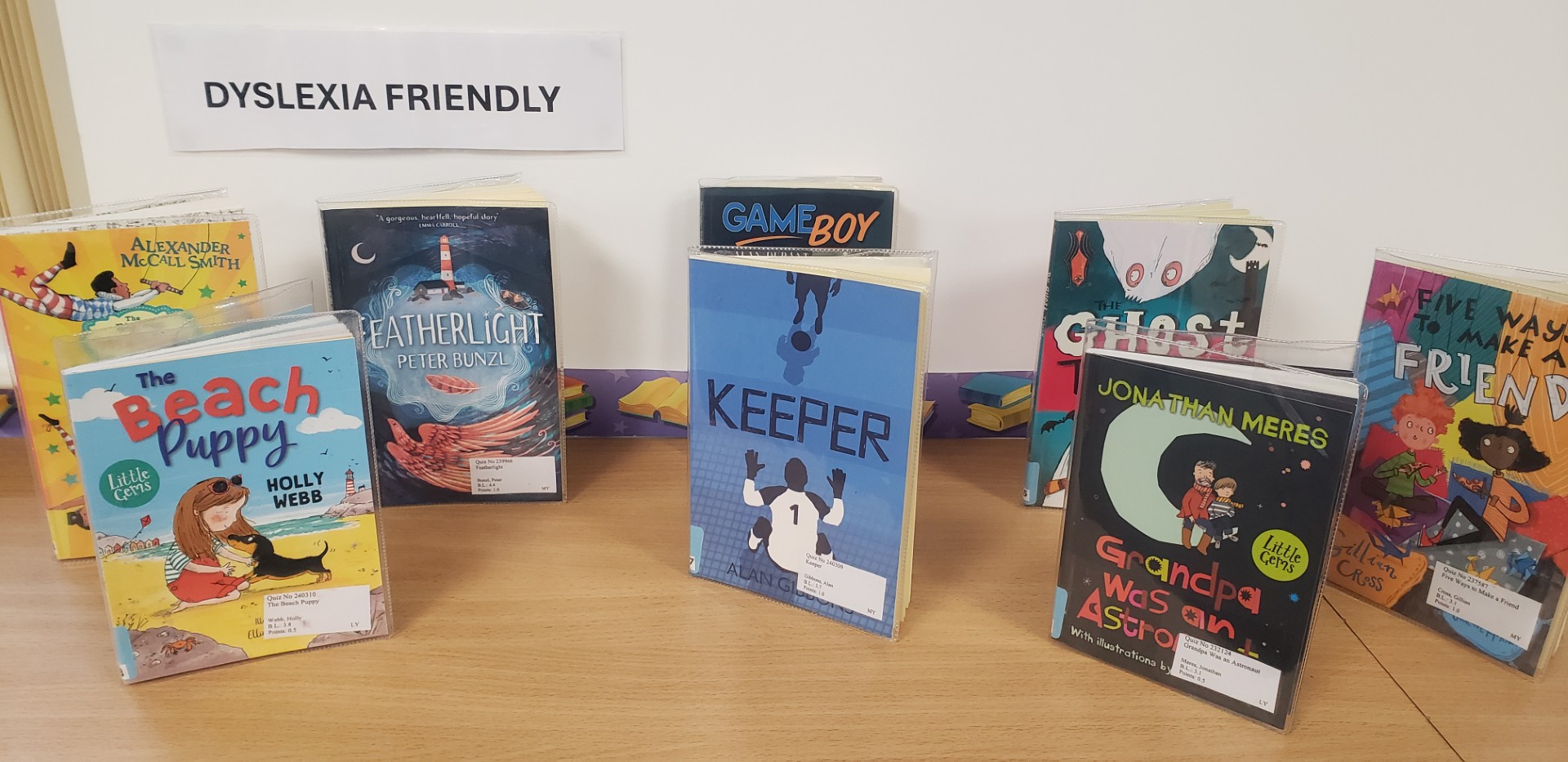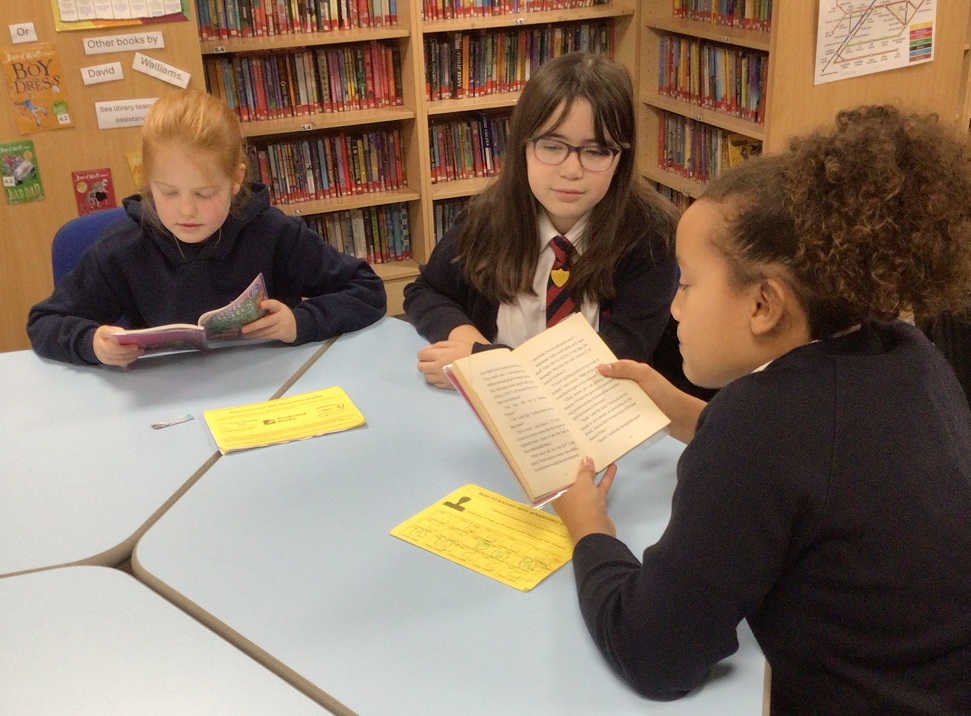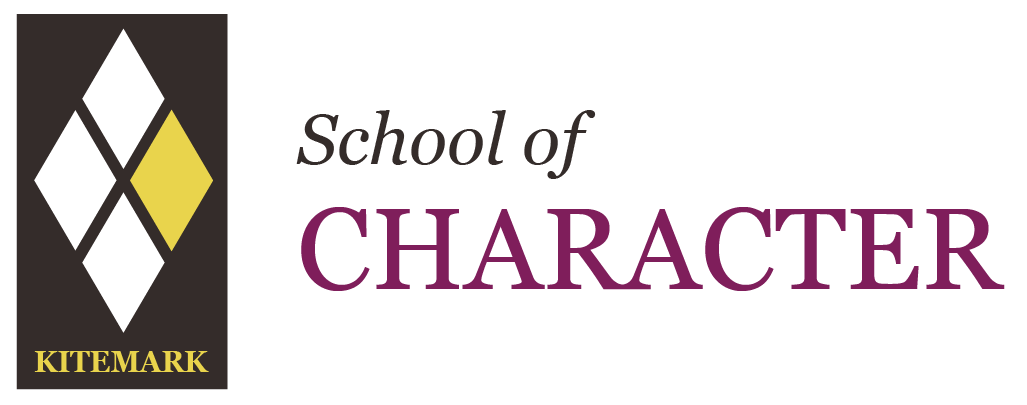Reading at Aston Fields Middle School
Reading is the gateway to your future!
Developing and supporting reading is at the core of all we do at Aston Fields Middle School. Reading is a fundamental life skill and enables children to unlock their potential. Throughout this webpage you will find essential information about the importance of reading, our vibrant library space, and the expectations surrounding reading at our school. Reading is fundamental to personal growth, knowledge acquisition, and cognitive development. It opens doors to new worlds, ideas, and perspectives. Through books, articles, and other written materials, we gain insights into history, culture, science and human experiences. Reading enhances vocabulary, critical thinking and empathy. Whether for pleasure or education, dedicating time to reading enriches our lives and broadens our horizons. As a result, all teachers are teachers of reading.

The Importance of Reading
Reading is not just a subject; it is a vital skill that empowers pupils to navigate the complexities of the world around them. At Aston Fields Middle School, reading is an expectation because it is a fundamental life skill; it paves the way to success.
• In order to access every subject across the school curriculum, reading is essential. Also, strong reading habits contribute significantly to academic success.
• Reading promotes social and emotional development. It helps you to understand your environment, that of others and to develop empathy.
• Reading inspires imaginative thinking and fuels creativity! It can enhance focus, reduce stress and therefore support well-being.
• Reading enhances cognitive skills and helps us to develop a rich vocabulary, which improves our language, communication, expression, writing and therefore our life chances!
• Reading is a key driver for lifelong learning, fostering curiosity and critical thinking. In an age where information is just a click away, the ability to assess and engage with diverse texts is more crucial than ever.
Reading for Pleasure
At Aston Fields Middle School, we believe that reading should be enjoyable and enriching. That’s why we encourage all our pupils to explore different genres and discover the pleasure of losing oneself in a good book. Whether it’s fiction, non-fiction, poetry, or graphic novels, there is something for every pupil. Reading for pleasure not only cultivates a love for books but also helps develop empathy and understanding of different perspectives.
Our Library: A Treasure Trove of Books
The school library is more than just a repository of books; it is a dynamic space where learning comes alive. Open every school day, our library boasts an extensive collection of fiction and nonfiction books, including contemporary bestsellers, classic literature, and invaluable reference materials. The library is run by our Reading Champion, Miss Williams. Assisting Miss Williams are our Literacy Mentors, who are fantastic reading role-models! Our Year 8 Literacy Mentors are keen readers and, alongside Miss Williams, help with the general running of the library and are always on hand to offer recommendations and support. Pupils are always encouraged to borrow books and dive into new worlds - the books on our shelves are certainly never dusty!

Reading as an Expectation
As part of the reading expectation at Aston Fields Middle School, we encourage pupils to read as frequently as possible! Reading frequency has a huge impact on enjoyment, language and literacy skills, concentration and therefore educational success. Our reading expectation helps pupils to develop and maintain the healthy habit of regular reading which will consequently help them to achieve academically and become a life-long reader!
Pupils are expected to read for 15 minutes a day. Children can read anything from novels, non-fiction books, graphic novels, newspapers and magazines as long as they are reading!
Once a week, the form will read a class novel. It is well known that hearing stories read aloud has an enormous impact on academic success. Form class reading at Aston Fields Middle School provides pupils with the opportunity to listen to their form teacher read a book, article, play scripts or poem to the class. These books are chosen by our pupils or recommended by our Reading Champion. Class reading promotes positive attitudes towards reading, stimulates thought-provoking discussions, demonstrates expression and pace, develops empathy and enriches an understanding of a range of social and cultural issues. During this time, pupils share the experience of reading for pleasure together with a teacher who models a love of reading!
In addition to this, book club runs once a week for Key Stage 2 and once every two weeks for Key Stage 3. Book club is a time to recommend books to pupils for class reading and reading at home and for pupils to discuss what they are reading and ask questions. The form teacher will also spend time encouraging pupils to choose books they are interested in and make sure that they always have something engaging to read.
Pupils are actively encouraged to put in the reading miles and develop more positive attitudes to and pleasure in reading. Reading is not just an add-on; it is integral to our curriculum and essential for developing well-rounded individuals.

The Accelerated Reader Programme
To further encourage reading engagement, we implement the Accelerated Reader programme (AR), which is designed to motivate pupils through personalised reading assessments. Each pupil takes an initial quiz to determine their reading level, enabling them to choose books that are both challenging and enjoyable. After completing a book, pupils take a comprehension quiz to help track their progress. This programme is a fantastic way to foster a sense of achievement while providing pupils with the opportunity to read a wide range of literature. As pupils complete more books, their confidence and comprehension skills grow, paving the way for greater academic success. Our approach involves all teachers in fostering a reading culture, encouraging pupils to engage with books through various rewards and incentives. These include tokens for our reading vending machine, prizes for achieving one million words read, exciting competitions organised by our school library and connections to our House Point system.
A Thriving Reading Community
At Aston Fields Middle School, we deeply value the significance of community and the joy of discussing the books we read. Engaging in conversations about literature is an integral part of our everyday lives! Such discussions foster comprehension, language, and communication skills.
To nurture our reading community, we enthusiastically celebrate events like World Book Week, National Poetry Day and National Storytelling Week. We also organise regular book fairs and take trips to Birmingham Library! It is essential for our children to know that the joy of reading should not end when they leave school. Our dedicated staff are passionate readers too; they love sharing their current reads with pupils through our reading boards, which you will find on each classroom door. Reading messages are prominently displayed throughout the school and recommended books are available in the library. Our reading community at Aston Fields Middle School enhances the enjoyment of reading; children are surrounded by positive attitudes, engaging conversations and encouraging behaviours around reading.
In conclusion, we are committed to nurturing a thriving reading culture that inspires pupils to become lifelong readers. The joy of reading enriches lives, broadens horizons, and lays the foundation for success in both personal and academic realms. We invite both pupils and parents/carers to support our reading initiatives and encourage a deeper connection with books. Together, let us celebrate the transformative power of reading!
Reading At Home - Supporting Parents/Carers
- Pupils who read regularly report heightened levels of social and emotional wellbeing.
- Reading allows readers to adopt new perspectives, develop empathy and become more socially conscious.
- Crucially, being unable to read significantly narrows the range of work and life opportunities a person can access.
- In social terms, better reading might enhance opportunities for individuals to become more engaged politically, increase their tolerance and involve them in their communities more effectively.
From the DFE Reading Framework 2023 https://assets.publishing.service.gov.uk/government/uploads/system/uploads/attachment_data/file/1186732/The_reading_framework.pdf
Top Tips from the DFE!
- Encourage your child to read – just a few minutes a day can have a BIG impact. 20 minutes is optimum.
- Read aloud regularly – read to your child every day – make it a special time: a cosy place; enjoy a treat; add funny voices to bring the book to life!
- Encourage choice – follow their interests and look beyond stories: magazines, poetry, non-fiction, comics, recipes, online blogs…
- Read Together – read as a family, read the same thing, read different things and share your experiences.
- Create a comfortable environment – relax, get calm and get cosy.
- Use your local library: not just books but ebooks and audiobooks.
- Talk about books – share what you read, what you think of it, how you feel when you read it.
- Bring Reading to Life – try a recipe from the book, play and pretend to be the characters, explore the background of the story.
- Make it active – acting, activities, design your own cover/movie poster…
- Let it suit them – read for as long as they can keep it up; read what excites and interests them; read at a time that works best for them.
Help with reading a word…
- Give it a try -sound it out with your phonics: e.g. ‘happening”: h-a-pp-e-n-ing.
- Well done, good try – in that word those letters make this sound… e.g. bridge = j
- Good try; this is how that words sounds…now you try!
Help with new words
- So that word means… (tell them but keep it simple).
- Well, what’s going on in the sentence – maybe we can work it out together…
- I can’t remember what that means – let’s look it up!
Helping Reading flow…
- That was great reading – now, let’s re-read that bit – I bet you can do it even better!
- How do you think they’re feeling here? How could we re-read that to show how they feel? (Show them maybe and have them repeat?).
Building and Checking Understanding…
TOP TIP: Always try and model an example first!
Predicting – what will happen next?
- Based on what’s going on, what do you think will happen later?
- I think this will happen because we read that… what do you think?
Clarifying – clearing things up:
- Pretend to be confused – ask your child to make something clear for you, e.g.
- I’m confused, why did they do that?
- Why do you think they’re feeling ____?
- What, what just happened? I’m lost! Can you just clear up what’s going on?
Summarising – summing it all up:
- As simply as possible, can you sum up what just happened on this page/in this chapter/in this bit?
- So far, what can you tell me has happened?
- Can you give me some facts you’ve just learned about
7 Top Tips to Support Reading at Home
Source: Education Endowment Foundation (EEF)

Supporting reading at Aston Fields Middle School
At Aston Fields Middle School, we are very proud of all the progress our pupils make, especially in reading. Throughout the academic year, all children complete a Star Reading assessment termly, through our Renaissance Reading system, which is used to ensure the children are reading appropriately challenging books. These assessments also provide teachers with an accurate picture of where their pupils are in relation to age-related expectations. Some children do not learn to read at the same rate or in the same way as their peers. It's more common than you think for a minority of pupils to struggle with phonics (blending sounds to create letters and words), reading fluency (automaticity) and/or language comprehension. At Aston Fields Middle School, we have established systems to support all pupils who struggle with reading, and we closely monitor the lowest 20% readers (pupils who are reading below age-related expectations) to ensure they are improving their reading over time, and we recognise that the best way to improve reading is through expert help after identifying the barrier to their reading.
The support our 20% readers receive, depending on their needs, is as follows:
Phonic Support
All pupils who need support with their phonics will receive daily support with a trained teaching assistant. The 15-minute sessions will focus on the phonics they need to focus on, and the text used will link to that particular sound.
Reading fluency support
All pupils who need support to develop their automaticity, will receive daily reading support with a trained Teaching Assistant. The 15-minute sessions will focus on decoding accurately and being able to read words automatically, with ease and appropriate pace. This will be developed through an adult modelling the fluent reading of a text first and then pupils reading the same text aloud with appropriate feedback. Another approach is repeated reading. This involves pupils re-reading a short text a set number of times or until they reach a suitable level of fluency. It is a great way to develop accuracy and automaticity when encountering complex vocabulary in a subject with complex language like science.
Language Comprehension
All pupils who need support to develop their language comprehension will receive daily reading support with a trained teaching assistant. The 15-minute sessions will focus on the learners’ understanding of the written text. Pupils learn a range of techniques which enable them to comprehend the meaning of what they read. These can include inferring meaning from context; summarising or identifying key points; developing questioning strategies; and monitoring their own comprehension and then identifying and resolving difficulties for themselves.
We are proud of the exceptional progress that our 20% readers make in all year groups. All pupils, across all years, make progress and the vast majority make exceptional progress. Please see the table below.
|
Reading Progress for our 20% Readers (September to July) |
|||
|
Year Group |
Average progress in reading age |
% of pupils making, at least, good progress |
% of pupils making, at least, 1 year’s progress |
|
5 |
+ 1 year and 2 months |
94% |
64% |
|
6 |
+ 2 years and 5 months |
94% |
69% |
|
7 |
+ 2 years and 3 months |
100% |
69% |
|
8 |
+ 1 year and 4 months |
100% |
61% |
We intend for all pupils, including those in the lowest 20%, to have built a repertoire of reading skills and knowledge which is rooted in experience of high-quality novels, poems and non-fiction texts. Pupils will be able to use these skills going forward as a key tool in helping them to learn, and as a result, know more, remember more and understand more.




